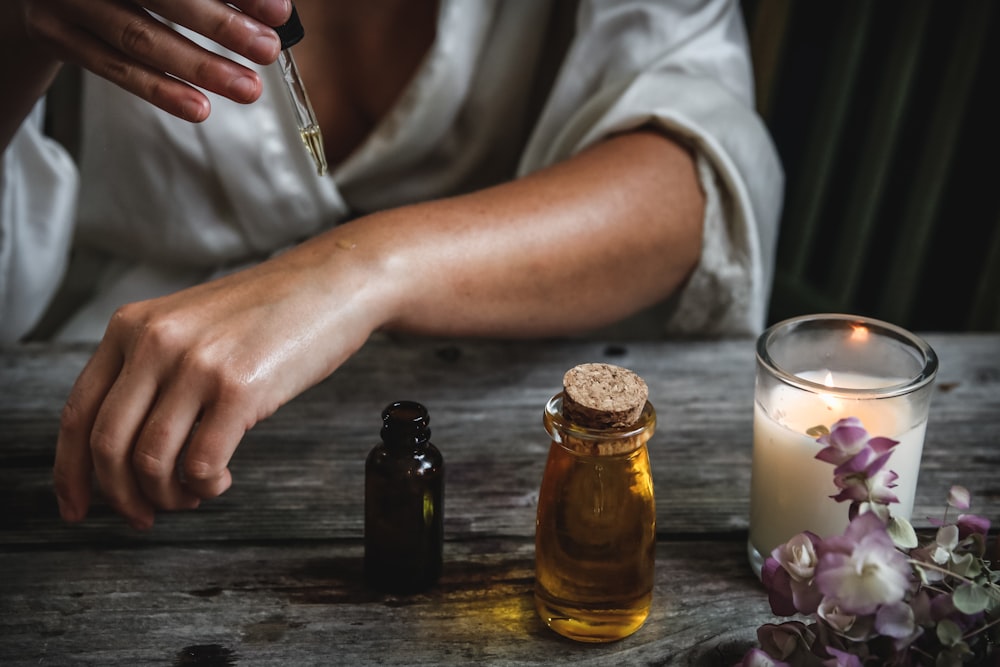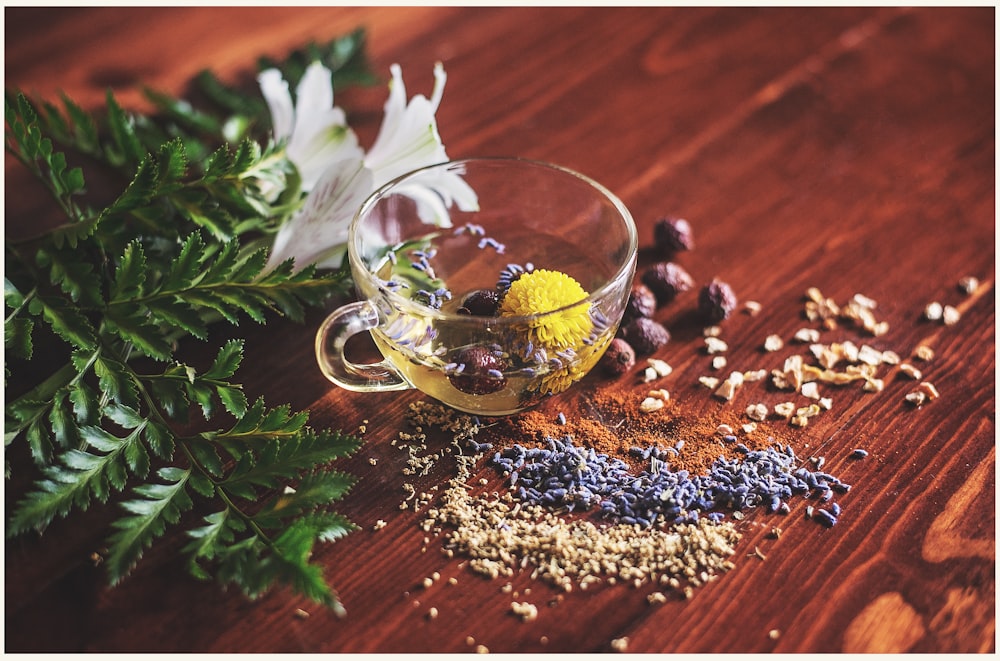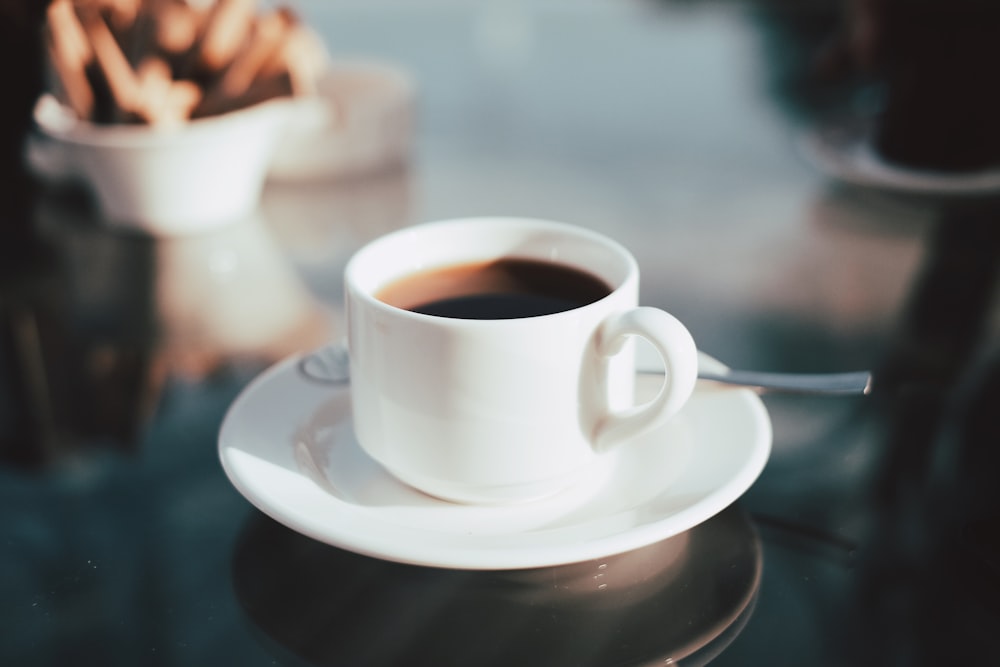Key Takeaways
- There are alternative treatments that can be integrated with ketamine therapy such as herbal remedies, holistic practices, and nutritional support.
- Aromatherapy and meditation can help you achieve emotional balance and enhance the effects of ketamine therapy.
- Incorporating omega-3 fatty acids into your diet can support mental health and may complement ketamine treatments.
- Adaptogens like ashwagandha and rhodiola can help your body manage stress and anxiety more effectively.
- Combining ketamine therapy with natural treatments should be done strategically and with the guidance of healthcare professionals.

The Natural Synergy: Ketamine and Holistic Healing
When managing your mental health issues, you should go beyond just one treatment method. You need an integrative approach, combining ketamine therapy with evidence-based alternative practices and traditional treatments like Cognitive-Behavioral Therapy (CBT).
This can enhance the benefits of ketamine treatment and optimize your overall well-being—promoting self-awareness, resilience, and personal growth.
Ketamine’s Role in Wellness
While ketamine was once used only as an anesthetic, now it’s a promising treatment for certain mental health conditions. In particular, it has been shown to be effective at quickly relieving symptoms of depression and anxiety. But, while potent, ketamine works best when part of a broader, integrative approach to health.
Alternative Treatments to Pair with Ketamine
Let’s look at holistic practices that can support our mental health and also enhance the therapeutic effects of treatments like ketamine.
Psychotherapy
Talk therapy, or psychotherapy gives you an opportunity to explore your inner world and gain insights into your behavior and emotions. Here are a few popular forms of psychotherapy:
- Cognitive-Behavioral Therapy (CBT): Helps you identify and change negative thought patterns.
- Dialectical Behavior Therapy (DBT): Combines CBT with mindfulness and stress management techniques.
- Interpersonal Therapy (IPT): Focuses on improving your relationships and social functioning.
These therapies can be incredibly effective on their own, but when used in conjunction with ketamine therapy, they can help you process and integrate your experiences for lasting change.
Aromatherapy
Aromatherapy uses essential oils to influence our mood and emotions. The scent molecules from the oils interact with the limbic system in the brain, which is responsible for controlling emotions and forming memories. Here are a few oils that are particularly known for their mood-boosting effects:
- Lavender: Promotes relaxation and is often used to alleviate stress and anxiety.
- Bergamot: Its citrus scent is uplifting and can help combat fatigue and low mood.
- Ylang Ylang: Known for its soothing properties, it can help ease feelings of frustration and anger.
Integrating aromatherapy into your routine can be as simple as adding a few drops of essential oil to a diffuser or applying a diluted blend to the wrists. It’s a small step that can make a big difference in your emotional well-being.
Yoga and Meditation
Yoga and meditation are like two peas in a pod when it comes to enhancing your mental and physical health. Yoga combines postures and breathing to strengthen the body, while meditation focuses the mind and promotes a sense of peace. Here’s how you can integrate them into your life:
- Start with just 10 minutes of yoga or meditation each day. Consistency is key.
- Focus on your breath. It’s the bridge between the body and the mind.
- Choose a quiet space where you won’t be disturbed to practice mindfulness or yoga.
You will create a strong foundation that supports the therapeutic effects of ketamine and allows for deeper introspection and emotional release.
Supplements & Nutritional Support
What we put into our bodies can have a profound effect on our mental health. And there’s more to it than eating healthy. There are certain nutrients which directly support mental wellness—and you should know about them.
The Power of Omega-3s in Mental Health
Omega-3 fatty acids are vital for brain health and function. These are healthy fats are found in foods like fish, flaxseeds, and walnuts, and they can also be taken as supplements. Here’s why they’re important:
- They play a crucial role in building brain cell membranes.
- They have anti-inflammatory properties that can help protect the brain.
- Research suggests they may help reduce the symptoms of depression and anxiety.
Incorporating omega-3 richomega-3-rich foods into your diet or taking a high-quality supplement can be an effective way to support your mental health, especially when combined with treatments like ketamine.
Adaptogens and Their Stress-Relieving Properties
Adaptogens are a unique class of herbs that modulate the production of stress hormones and support the adrenal glands. Here are a few adaptogens to consider:
- Ashwagandha: Known for its calming effects, it’s great for reducing anxiety.
- Rhodiola: This herb helps fight fatigue and can enhance cognitive function.
- Holy Basil: Also known as Tulsi, it’s revered for its ability to uplift the spirit and promote emotional well-being.
With adaptogens, you can help your body manage stress more effectively, creating a more conducive environment for ketamine therapy to work its magic.
Herbal Remedies
Herbs have been used since ancient times to treat a myriad of ailments. When it comes to mental well-being, certain herbs stand out for their potential to soothe the mind and improve emotional health. Here’s a brief overview:
- St. John’s Wort: Known for its mood-stabilizing properties, this herb is commonly used for mild to moderate depression.
- SAMe (S-adenosylmethionine): This naturally occurring compound in the body has been shown to boost mood and may help with depressive symptoms.
- Valerian Root: Often used for its sedative effects, it can help improve sleep quality, which is crucial for overall well-being.
While these herbal remedies can be helpful, always consult a healthcare provider before incorporating them into your routine, especially if you’re considering them as a complement to ketamine therapy. They can interact with medications and may not be suitable for everyone.
Physical Activity
Physical activity can be anything from a simple daily walk and Tai Chi to an intense high-energy kickboxing class. The key is to find something you enjoy, so it becomes part of your routine. Aim to get at least 30 minutes of moderate exercise at least 5 times a week or as suggested by your doctor.
“Adults need 150 minutes of moderate-intensity physical activity and 2 days of muscle strengthening activity, according to the current Physical Activity Guidelines for Americans.”
Energy Healing: Reiki and Beyond
While it might seem a bit ‘out there’ to some, many people find energy healing practices deeply relaxing and beneficial, particularly when used alongside treatments like ketamine.
Sleep
Never underestimate the power of a good night’s sleep. It’s when your body repairs itself, and your mind processes the day’s events. Good sleep hygiene can enhance the effects of ketamine therapy by ensuring that your brain is well-rested and ready to form those new neural connections that you need for healing. Here’s how you can improve your sleep quality:
- Maintain a regular sleep schedule by going to bed and waking up at the same time daily, including weekends and holidays.
- Ensure your bedroom is dark, quiet, and free from distractions like TVs and phones to create a relaxing sleep environment.
- Skip daytime naps to prevent sleep difficulties at night; if tired, seek sunlight or engage in physical activity.
- Develop a calming bedtime routine with activities like reading, listening to soothing music, meditating, or practicing breathing exercises.
Avoid caffeine, alcohol, nicotine, and heavy meals before bedtime, as they can disrupt sleep.
Resilience Routine
Self-care is not just bubble baths and relaxation. It’s also building a routine that supports your resilience in the face of life’s challenges. Here’s how to create a self-care routine that works for you:
- Identify activities that make you feel good, whether it’s reading, walking, or playing music.
- Set aside time each day for these activities. Even 15 minutes can make a difference.
- Be consistent. Self-care should be a regular part of your routine, not just an afterthought.
You’ll feel good doing an activity you enjoy—and you’ll enhance the therapeutic effects of ketamine therapy, too.
The Synergy of Ketamine and Natural Therapies
Combining ketamine therapy with natural treatments should be done with care—the goal is to create a synergistic effect where each component amplifies the others. Here’s how this synergy can look:
- Herbal remedies can set a calming backdrop for ketamine therapy sessions.
- Omega-3s and adaptogens may improve brain function and resilience, potentially making the brain more receptive to ketamine’s effects.
- Psychotherapy can help you understand and integrate the insights gained from ketamine therapy.
This integrative approach can lead to a more holistic healing experience, where mind, body, and spirit are all addressed. And as always, seek professional guidance, especially when combining natural therapies with ketamine therapy.
Strategically Timing Ketamine and Natural Treatments
Timing is everything when it comes to combining ketamine therapy with natural treatments. Here’s how to strategically time your treatments for maximum benefit:
- Engage in calming practices like yoga or meditation before your ketamine sessions to prepare your mind and body.
- Consider taking adaptogens in the morning to help manage stress levels throughout the day.
- Schedule psychotherapy sessions following ketamine treatments to help process and integrate your experiences.
Personalized Care Plans
Every person is unique, and so should be their approach to healing. Personalized care plans consider your specific needs, medical history, and wellness goals to create a strategy that enhances your well-being. You can collaborate with healthcare professionals who understand both conventional and alternative medicine to develop a plan that safely and effectively combines these treatments.
Most importantly, open communication between you, your healthcare providers, and holistic practitioners ensures that everyone is aligned on your treatment goals. This can help you optimize the timing and combination of therapies to support your individual journey towards better health.
So take an active role in your treatment plan: ask questions, provide feedback about your experiences, and be open to adjusting the plan as needed.
Choose Avisa Recovery to Combine Ketamine with Alternative Treatments
Combining the power of natural remedies, nutritional support, and self-care practices with the therapeutic effects of ketamine can create a comprehensive care plan that addresses the complexities of mental health.
At Avisa Recovery, we work with our patients to ensure that any integrated approach to treatment is safe, effective, and tailored to their needs.
Contact us today to learn more about our alternative treatments that we can integrate with our Spravato (Ketamine) treatment.
Frequently Asked Questions (FAQ)
How do aromatherapy and meditation complement ketamine therapy?
Aromatherapy and meditation complement ketamine therapy by providing additional pathways to relaxation and mental clarity. The use of essential oils can help create a calming environment, reduce anxiety, and improve mood. Meditation promotes mindfulness and can aid in the processing of emotions and thoughts that may arise during ketamine therapy. Together, they can deepen the therapeutic experience and support emotional well-being.
Can omega-3s improve the effects of ketamine treatments?
Omega-3 fatty acids have been shown to have antidepressant effects. Including omega-3s in your diet or taking supplements can improve cognitive function and overall brain health, which may enhance the effectiveness of ketamine treatments. They support the fluidity of brain cell membranes and promote neuroplasticity, potentially making the brain more responsive to therapeutic interventions like ketamine.
What role do adaptogens play in managing stress and anxiety?
Adaptogens are a special class of herbs that help the body cope with stress by modulating the stress response. They can improve the body’s resilience to stressors, reduce anxiety, and support overall mental balance. Adaptogens like ashwagandha, rhodiola, and holy basil can create a more favorable environment for ketamine therapy to work, as they help maintain a calmer and more balanced state of mind.
How to create an effective self-care routine when using ketamine therapy?
To create an effective self-care routine alongside ketamine therapy, start by identifying activities that bring you joy and relaxation. Consistently set aside time for these activities so they become a regular part of your daily life. Consider incorporating practices that support your mental and physical health, such as exercise, healthy eating, adequate sleep, and mindfulness techniques. And engage in self-reflection to understand your needs better and be willing to adjust your routine as you progress through your therapy.




